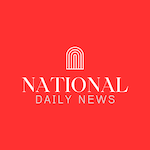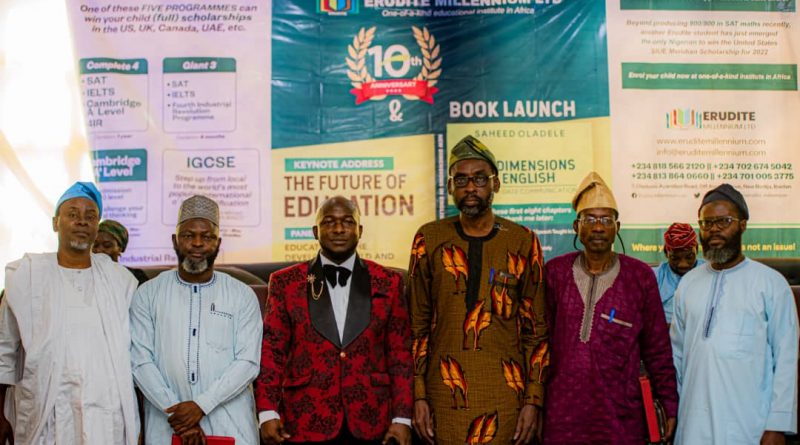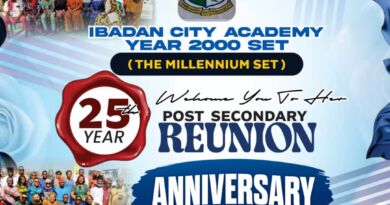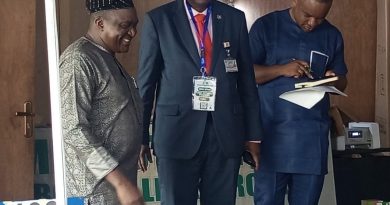Stakeholders demand overhaul of education sector for better delivery
Stakeholders in education have said that there is an urgent need for the country to overhaul it current educational system inorder to have an educational system that reflect the nation society values.
The recommendation was made through a communique issued at the of a panel discussion on ‘The Future of Education’ held at UIMC conference and events centre, University of Ibadan to mark the 10th anniversary of Erudite Millennium LTD.
The stakeholder said that the country educational system is obsolete noting that the model had been the same since 1940s when the first University in the country was established.
The scholars noted that the current curriculum the country educational system is running does not fit in the needs of the the 21st century learner.
The stakeholders added that the educational system lacks legitimacy stressed that the contribution of the end-users and other critical stakeholders are not considered in the formulation of policies.
“There is an urgent need to overhaul the current educational system in Nigeria.
“There are obvious shortcomings in our educational system which Nigerians often amplify.
“Our educational system is obsolete. We inherited it from the British at a time they were already changing their educational model and it is this same obsolete system that we have held on to since the 1940s when the first university in the country was established.
“The current curriculum that is run in the county does not suit the needs of the 21st century learner.
“Many times, educational models from the Western world are adopted without considering whether they suit our local needs or not.
“Our educational system lacks legitimacy because the contribution of the end-users and other critical stakeholders are not considered in the formulation of policies.
“We run a mono-curriculum in a heterogeneous country.
The motivation for education has changed between then and now.
“The motivation to get education in the past was the belief and promise of a white-collar job after school but the realities now have shown that a good number of school leavers do not get such a job.
The stakeholder recommended that there should be drafting of new curriculum across boards, from pre-school to the university level inoder for the curriculum to factor the needs and realities of the 21st century learner.
The scholars warned the country to be wary of adopting educational models from the western world as the best fit for the country is an home grown educational system and policy which evolve from the active participation of all stakeholders in the educational sector.
The stakeholder further recommended that in an heterogeneous country like Nigeria, it is not appropriate to have one curriculum but there should be multiplicity of curricula as each community is expected to come up with a model that best fit its peculiarities.
The scholars advised federal government in drafting a new curriculum for the schools, the country must explore its national assets such culture a d religion noting that the new educational model will take into consideration what makes the different and unique as Nigerians.
Stakeholders further urged government to explore the deployment of technology both in the medium of instruction and acquisitions skills for learners.
“There is a need for us to engage in some introspection to see that there are positives too. It is not all gloom and doom as some people make it appear.
“There should be a drafting of a new curriculum across boards, from pre-school to the university level, so that our curriculum will factor in the needs and realities of the 21st century learner.
“We must be wary of adopting educational models from the West as the best fit for the country is a home-grown educational system and policy which evolve from the active participation of all stakeholders in the educational sector – government, school owners, teachers, parents, traditional leaders, religious leaders, and also the learners.
“In a heterogeneous country like Nigeria, it is not appropriate to have just one curriculum for all. On the contrary, there should be multiplicity of curricula as each community is expected to come up with a model that best suits its peculiarities.
“In drafting a new curriculum for our schools, we must explore our national assets such as culture and religion so that our new educational model will take into consideration what makes us different and unique as Nigerians.
“Our new educational model must explore the deployment of technology both in the medium of instruction and acquisition of skills for learners.
“We cannot get laid back in a world where some countries in the Global South are recording landmarks in technology.
“Our students must be made competitive in this sphere through adequate training and awareness.
In our exploration of technology, humans must not be treated as a means to an end but as an end in itself. Our exploration of technology must be to further the interest of humanity.
“Government and all policy-making agencies in Nigeria need to make policy formulation process more participatory.
unnecessary question recycling that has been on for decades.
Conclusion
“Our resolve at Erudite Millennium Ltd is to partner with government agencies towards the actualization of these recommendations. We believe strongly that these resolutions, if followed, will go a long way in taking the educational sector in Nigeria from the level it is at the moment to the enviable height that is desired, they concluded.




